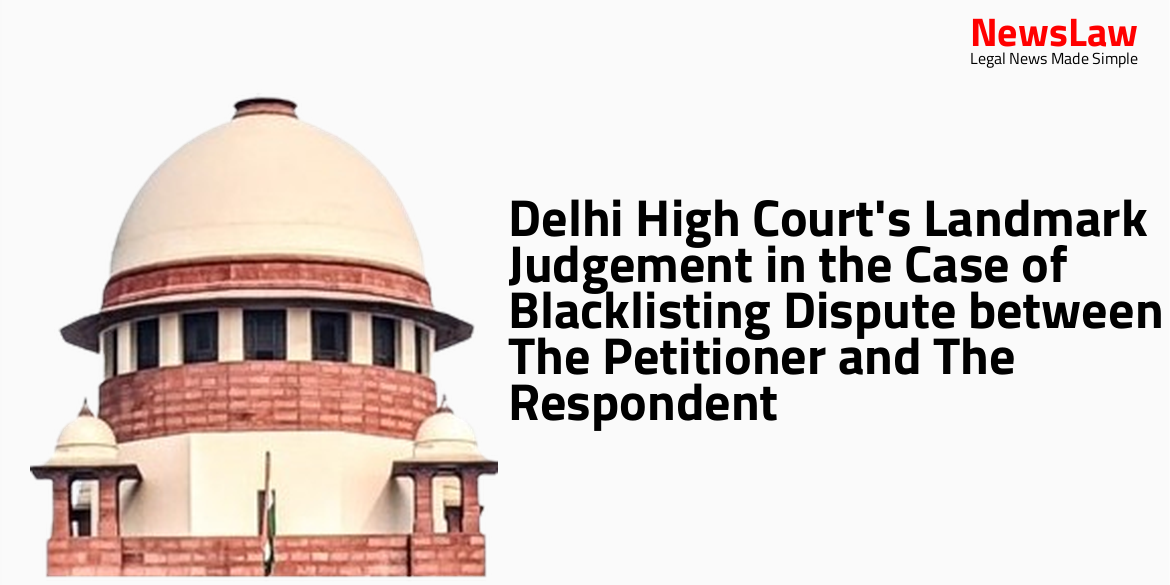The legal battle over construction activities in Coastal Regulation Zone areas reached a pivotal moment with the Kerala High Court’s ruling. The judgment pertains to the unauthorized construction in CRZ areas by a company carrying out activities in Ernakulam, Kerala. The High Court’s directive for demolition of illegal constructions sets a precedent in safeguarding coastal ecosystems. The ruling underscores the significance of adhering to CRZ regulations for sustainable development and environmental preservation.
Facts
- Division Bench dismissed the appeals as construction activities were carried out in restricted areas under CRZ Notifications.
- Expert opinions suggest floods in Uttarakhand and Tamil Nadu are due to uncontrolled construction on river shores.
- High Court observed permit holders cannot be blamed for local authorities’ failures in complying with regulations.
- Review petitions were dismissed, leading to the filing of appeals by special leave.
- Coastal Zone Management Plan (CZMP) was prepared to regulate construction activities in notified areas.
- Committee was constituted after two days of hearing appeals.
- Court’s order mentioned the challenges due to lack of clear classification of the area in question under CRZ categories.
- Kerala State Coastal Zone Management Authority filed the appeals against the High Court’s judgment overlooking the approved CZMP.
- The appellant authority was established by the Government of India to address uncontrolled construction in tidal areas.
- Uncontrolled construction in these areas could lead to severe natural calamities due to disruptions in water flow.
- Construction activities in notified CRZ areas require consultation and prior concurrence of the appellant authority.
- Appellant authority handles environmental issues related to CRZ.
- Local self-government must forward building permit applications to the appellant authority.
- Discrepancy between petitioner’s claim of falling under CRZ Category-II and CZMA’s assertion of CRZ Category-III.
- Writ petitions were filed directly in the High Court without replying to show cause notice.
- Various violations were cited in the show cause notice.
Also Read: Supreme Court Upholds Conviction in POTA Case: A-10 (Parvez Khan Pathan)
Analysis
- The constructions activities of the respondent builders are on the shores of the backwaters in Ernakulam, Kerala, which supports exceptionally large biological diversity and constitutes one of the largest wetlands in India.
- The High Court found that the construction by the petitioner in violation of the provisions of 1991 and 2011 CRZ Notifications as well as Map No.32-A.
- The Kerala High Court directive for demolition of illegal constructions during the currency of the 1991 and 2011 CRZ Notifications is in line with the decision in Piedade Filomena Gonsalves vs. State of Goa, where it was held that violations of such regulations cannot be lightly condoned.
- Issues related to the location of the properties of the petitioner in Vettila Thuruthu have been extensively discussed in the judgment of the High Court.
- Referring to the Piedade Filomena Gonsalves vs. State of Goa case, the Court emphasized the importance of CRZ notifications in safeguarding the environment and ecology of coastal areas.
- The construction carried out by the appellant without permission falls within CRZ-III area, violating the Coastal Regulation Zone notifications of 1991 and 2011.
- An Expert Committee report confirmed the unauthorized nature of construction, leading to the cancellation of building permits by the authority.
- Constructing beyond 200 meters of the High Tide Line without permission from competent authorities is deemed a misadventure.
- The notification of 1991 prohibits construction within 200 meters from the High Tide Line, allowing only repairs of existing structures and facilities essential for permissible activities.
- The High Court direction aimed at demarcation and determination of HTL was based on notifications up to 1991, rendering the appellant’s pre-amendment construction unauthorized.
- The appellant made unsuccessful attempts to regularize the construction, which was carried out on existing sand dunes without requisite permissions.
- Kerala State Coastal Zone Management Authority did not grant any building permissions due to the locality falling within CRZ-III, a no-development zone.
- The entire construction was found to be within 200 meters of HTL, prompting an order to show cause for cancellation of building permits.
- The committee emphasized the procedural violation, public interest, and ecological sensitivity of the area in deciding against the construction’s validity.
- The constructions made in violation of the 1991 Notification are deemed illegal and must be obeyed and enforced.
- The Coastal Regulation Zone Regulations are to be taken seriously, and violations are done at one’s own risk.
- The Notification under the Environment (Protection) Act aims to protect the environment and promote sustainable development.
- The argument by the company that their resort promotes tourism and job creation cannot excuse their illegal construction activity.
- The company’s eco-friendly nature and willingness to abide by environmental safeguards do not justify their breach of regulations.
Also Read: TAFRC Fee Determination Case: Upholding Expert Authority
Decision
- Permission granted by the Panchayat was declared illegal and void.
- No development activity could have taken place in the prohibited zone.
- All structures need to be removed within one month as per the Enquiry Committee’s findings.
- Compliance with the removal to be reported to the Court.
Also Read: Urs Family Property Dispute: Supreme Court Decree
Case Title: THE KERALA STATE STATE COASTAL ZONE MANAGEMENT AUTHORITY Vs. THE STATE OF KERALA MARADU MUNICIPALITY AND ORS. ITS SECRETARY
Case Number: C.A. No.-004784-004785 / 2019



